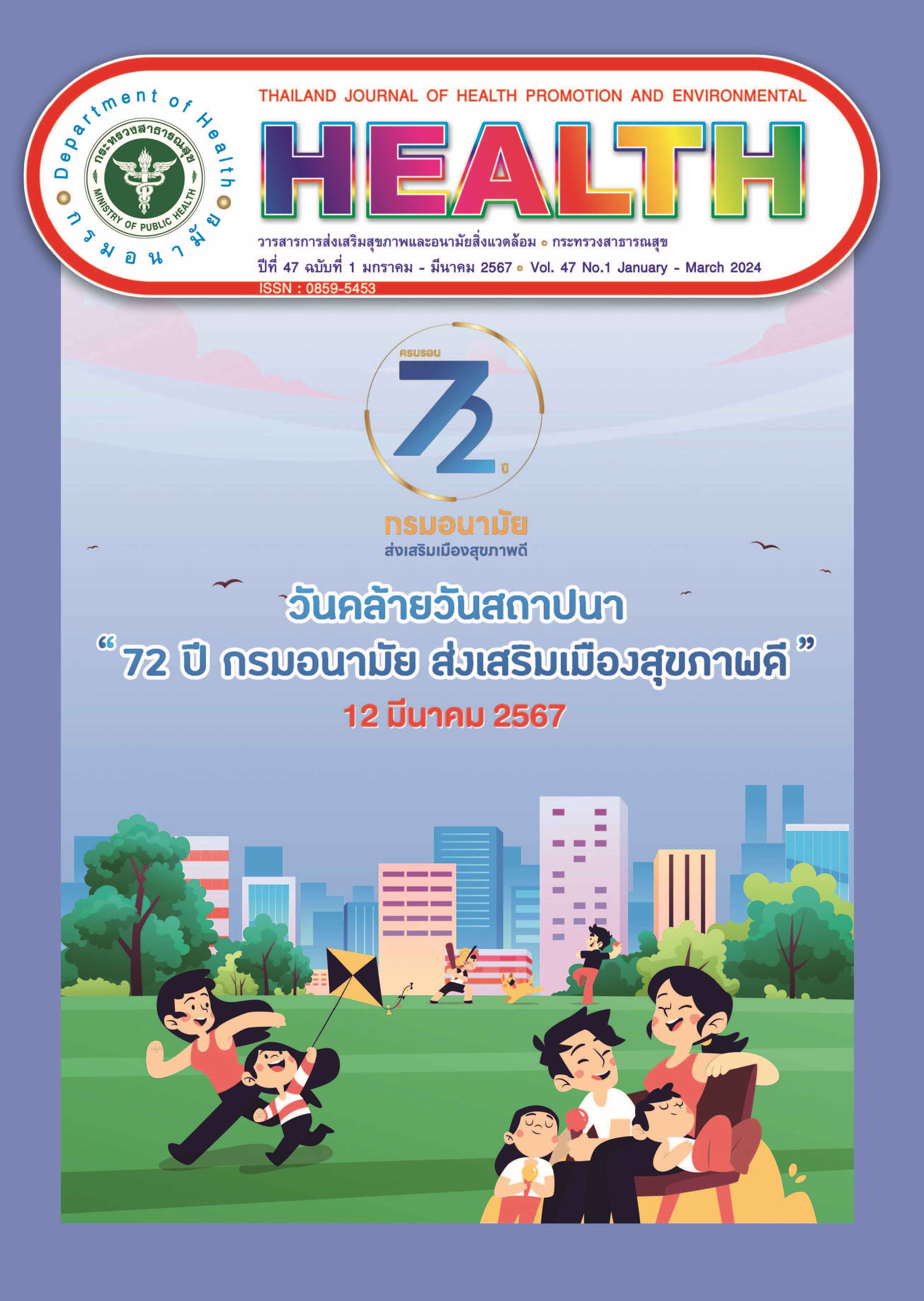Effectiveness of the Nutritional Health Literacy and Mindful Program on eating behavior among Novice that follow the Bhojane Mattannuta practice
Keywords:
Nutritional Health Literacy, Mindfulness Training, Bhojane MattannutaAbstract
The condition of overnutrition impacts novices in several aspects, including their health, development, learning, and their adherence to the principles of Dharma in their religious practice, where good health is essential for the practice of Dharma and the development of mindfulness. This study adopts the concepts of health literacy and mindfulness training in its methodology. It is a quasi-experimental research aimed at examining the effectiveness of a program developed to enhance health literacy in nutrition, combined with mindfulness training, among a group of 70 novices. The sample was randomly divided into an experimental group and a control group, each consisting of 35 individuals. The tools used in the experiment included the health literacy in nutrition program combined with mindfulness training, and a questionnaire on eating behaviors based on the principles of Sattvic food. Data were analyzed using one-way ANOVA with repeated measures. The study found that, in terms of eating behaviors, the experimental group performed significantly better than the control group in both the post-experiment phase and the follow-up phase, with statistical significance at the .05 level. In the post-experiment phase, the experimental group had an average behavior score of 29.17, compared to 20.37 for the control group. In the follow-up phase, these scores were 28.06 for the experimental group and 23.63 for the control group. Within-group comparisons revealed that, in the experimental group, there was a statistically significant improvement in eating behaviors, both in the post-experiment phase and at the follow-up, compared to the pre-experiment phase, with this significance noted at the .05 level, with scores rising from an average of 20.23 pre-experiment to 29.17 and 28.06, respectively. There was no significant difference in the eating behaviors between the post-experiment and follow-up phases. In conclusion, the program for developing nutritional health literacy combined with mindfulness training can effectively change the eating behaviors of novices in accordance with the principles of Sattvic food. This approach can be used as a guideline in health promotion activities in school health services
Downloads
Published
Issue
Section
License
Copyright (c) 2024 Thailand journal of Health Promotion and Environmental Health

This work is licensed under a Creative Commons Attribution-NonCommercial-NoDerivatives 4.0 International License.

